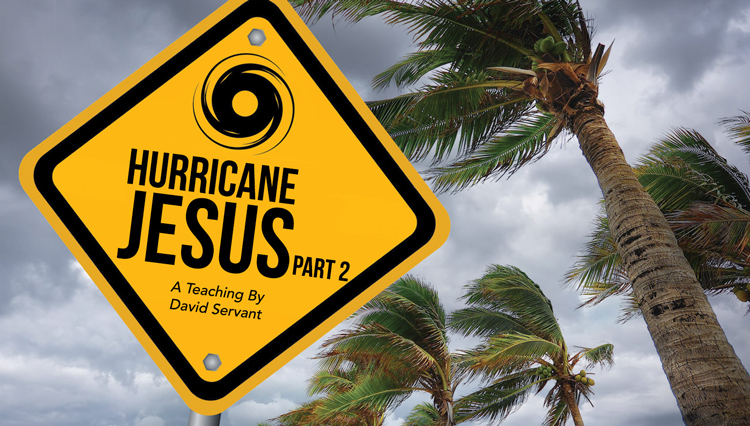This month’s e-teaching about Hurricane Katrina and God’s wrath elicited quite a few e-responses, and the encouraging ones outnumbered the not-so-encouraging ones by about fifteen to one. (Read Hurricane Jesus, Part 1)

With the ratio of favorable to not-as-favorable responses being so lopsided, I debated if I should address, in another e-teaching, the objections of those who disagreed with me. In the end, I decided to respond for at least three reasons. First, because the letters of disagreement were for the most part written by sincere people who graciously shared their objections. Second, at one time I would have agreed with quite a few of the objections that were made. That certainly motivated me to be merciful toward my detractors. And third, although only a few people who wrote disagreed, I happen to know that their objections are shared by many others, having heard them for years around the world. What is at stake is eternal salvation for everyone who might hear an explanation of Hurricane Katrina that effectively nullifies the fear of God and His call to repentance. And with Rita now bearing down on Texas, it seems the Lord Himself is repeating His message.
